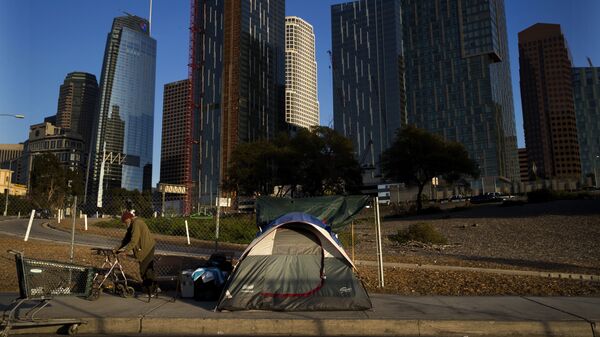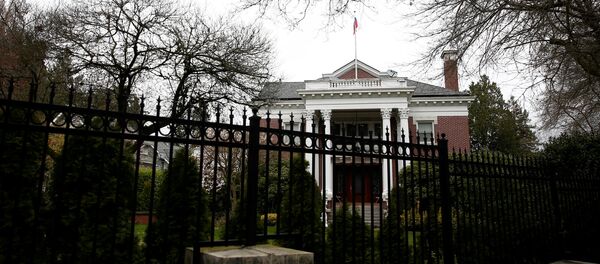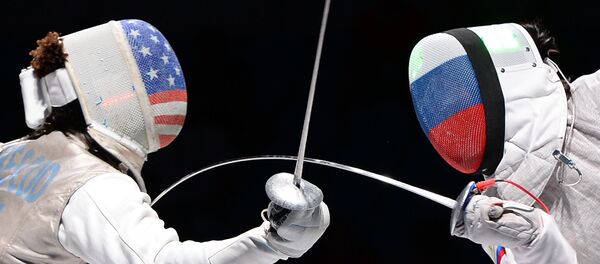Yevgeniya Kulik from Seattle came to the consulate with her baby on Wednesday and shared her concerns about the future for her family.
"There will be so many problems now. There won’t be any consulate on our west coast, and we will have to fly across the whole country to get documents, which is not always possible with little children," Kulik said. "So, if there is a need for an urgent travel to Russia, it will be something like a trap for people."
Kulik is also worried about her relatives who may face difficulties in the future.
"I have several relatives who will need to renew their documents this year. For example, for my 70 —year-old father it is not that easy to fly for him," she explained.
"I am in shock. When I learnt about the ordered closure from the news, I cried," she said. "It will have a tremendous serious effect on the people. This consulate served many states. Some of my friends were coming here from Idaho, for example."
Tatiana said they will now have to go to another coast which will be timely and costly.
"There are only three consulates left for the entire country, this is scary. I am scared," she added.
Senior Consul Halit Aisin told Sputnik earlier that some 250-300 people came to the consulate on Tuesday and at least 100 citizens came on Wednesday morning following the announcement on Monday about the ordered closure of the consulate.
The White House said in a statement that the consulate would be closed in particular due to its proximity to a US submarine base and the defense contractor Boeing.
Skripal, a former military intelligence officer, and his daughter Yulia have been in hospital in a critical condition since March 4 due to exposure to what UK experts say was a A234 nerve agent. UK Prime Minister Theresa May has accused Russia of orchestrating the attack and expelled 23 Russian diplomats, while the European Union has expressed its solidarity.
The Russian side has strongly rejected the accusations and offered assistance in the investigation. Moscow's request for samples of the chemical substance used to poison Skripal was rejected. Moscow expelled UK diplomats in response and ordered the British Council to cease its activities in Russia.




